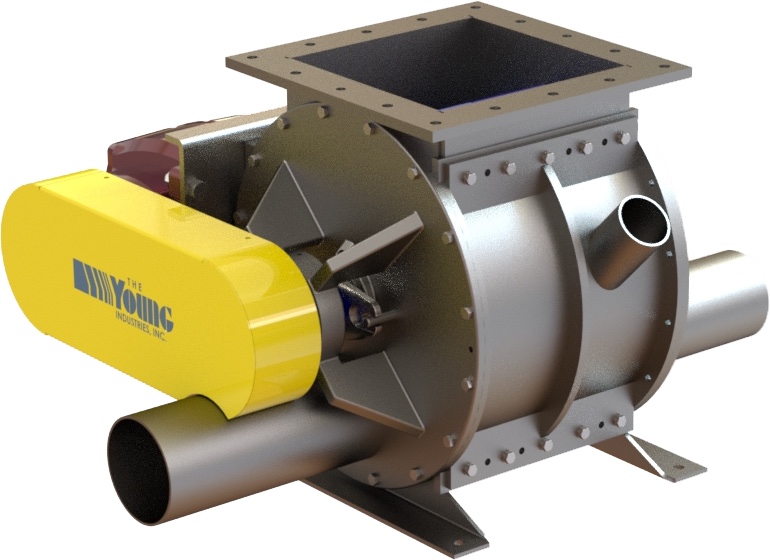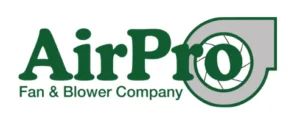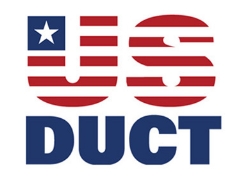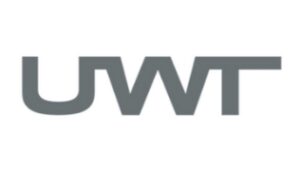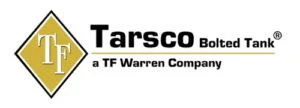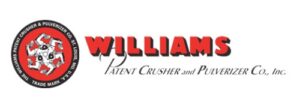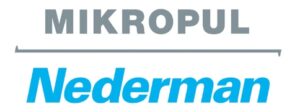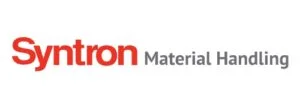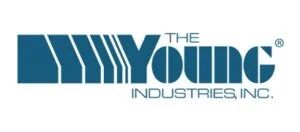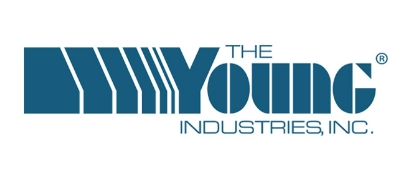
Model BT – Blow-Thru
The Model “BT” (Blow-Thru) Rotary Airlock Valve is used to feed cohesive bulk materials into a convey line.
The Young Industries, Inc. Model “BT” (Blow-Thru) Rotary Airlock Valve is a drop-thru valve with a convey line built into the bottom of the end plates. This Rotary Valve is used to meter sticky or cohesive powder bulk materials in a pneumatic conveyor. The conveying air blow through the valve’s rotor pockets to assist the material’s discharge.
In addition, the Model “BT” rotary valve is used when headroom is a problem. The Model “BT” valve requires less space as compared to standard drop-thru rotary valves with a material inlet manifold.
Application Information
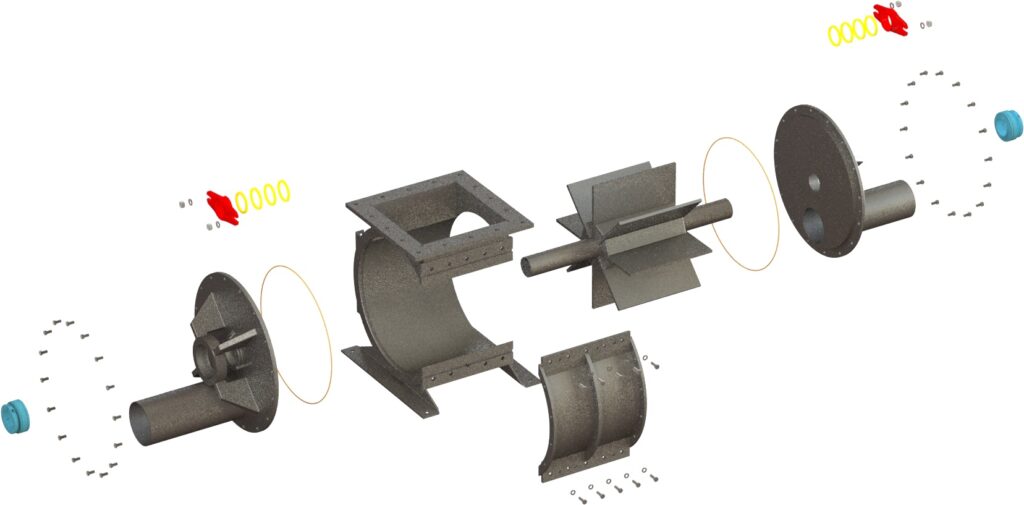
Standard Features
- 15 PSIG Housing and differential pressure or vacuum
- Minimum four blade sealing with two (2) blade sealing on each side.
- Fabricated or cast designs
- Materials of construction: Cast or fabricated carbon steel, cast or fabricated stainless steel and cast or fabricated Aluminum
- Raw materials are traceable to standard specifications with ASTM the most used specification
- Round or square inlet flange
- Round or square discharge flange
- Up to 250°F operation temperature, with designs offered to withstand up to 1600°F temperature
- Outboard-mounted precision ball bearings
- Packing gland rotor shaft seal consisting square braided Kevlar impregnated with PTFE packing, 4 rings per side and held in place by an aluminum packing follower.
- Eight (8) bladed rotor with twelve (12) bladed rotor for rotary valves over 12″ size to provide low operating air or gas leakage.
- Rotor assembled near-perfect concentrically to the housing
- Heavy rotor shafts secured to eliminate shifting in the housing
- Two (2) basic styles of rotors available with each style having two (24) different types of rotors. The types are partially filled and “D” – adjustable tips
- Grounding and bonding connection to NFPA specifications
- Right-angle Gearmotor, side mounted, 3 phase, 60 Hertz, 230-460 volts, TEFC and roller chain drive and safety to OSHA requirements.
- Painted blue enamel or Steelcote stainless steel paint
- Completely assembled and tested.
Options & Accessories
- High pressure design to 350 PSIG
- High temperature design to 1600°F
- Double length styles
- Drive and accessories are usually supplied consisting of a right angle gear motor, sprockets, drive chain and safety guard. TEFC or Explosion proof motors, direct connected and other special drive available
- Special materials of construction including: 316 Stainless steel, Hastelloy, Titanium
- Interior coating to provide abrasive resistance to material release including: chrome plating, nickel plating, tungsten carbide, Stellite, Teflon
- Interior polishes and cleanup
- Special packing materials as graphite, food grade TPFE
- Air purge packing glands
- Lip seal packing
- Self adjusting packing follower
- Mechanical rotor shaft seals
- Shaft seal area polishes
- Inlet material deflector
- Venting Thimble
- Housing vent
- End plate purges
- Rotor tips and edges beveled
- Rigid or flexible tips of brass or polyurethane
- Painted or coated per customers specification
Media & Case Studies
INTRO: Rotary Valve – Model BT – Blow-Thru Airlock
8” Blow Thru Rotary Valve with 4” Convey line is used for handling inorganic chemical powders. The Blow Thru design assures positive discharge of the fine cohesive powder.
DEMO: RNHC Rotary Valve
This Drop-Thru Rotary Valve is specifically designed to meter pellets or prilled products without shearing the material.
REVIEW: Rotary Valves – Model QC & CA
Young Industries offers a wide variety of sanitary rotary valves. This video shows how easy it is to access and clean the valve with the cantilever rotor design.
GUIDE: Rotary Valves – Model QC – Disassembly
Young Industries line of Quick Clean Rotary Valves require no tools for rotor removal. Larger valves are now offered with a rotor extractor to make rotor removal easy. The extractor is used in the video.
INTRO: Rotary Valves – Model ES – End Seal
Young Industries patented End Seal Rotary Valve reduces air leakage due to differential pressure by up to 50%. The self-adjusting end seal eliminates axial leakage around the rotor.
